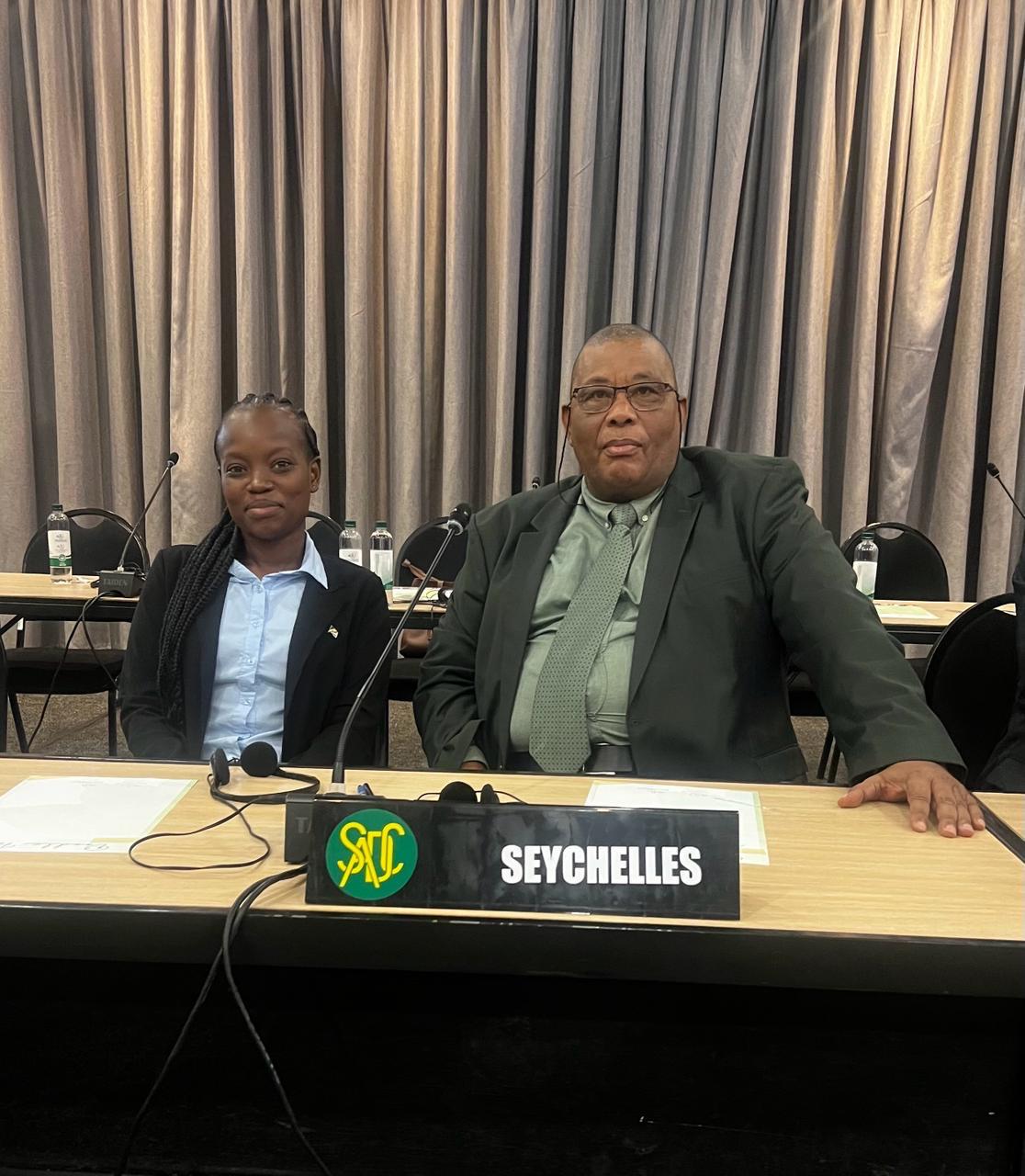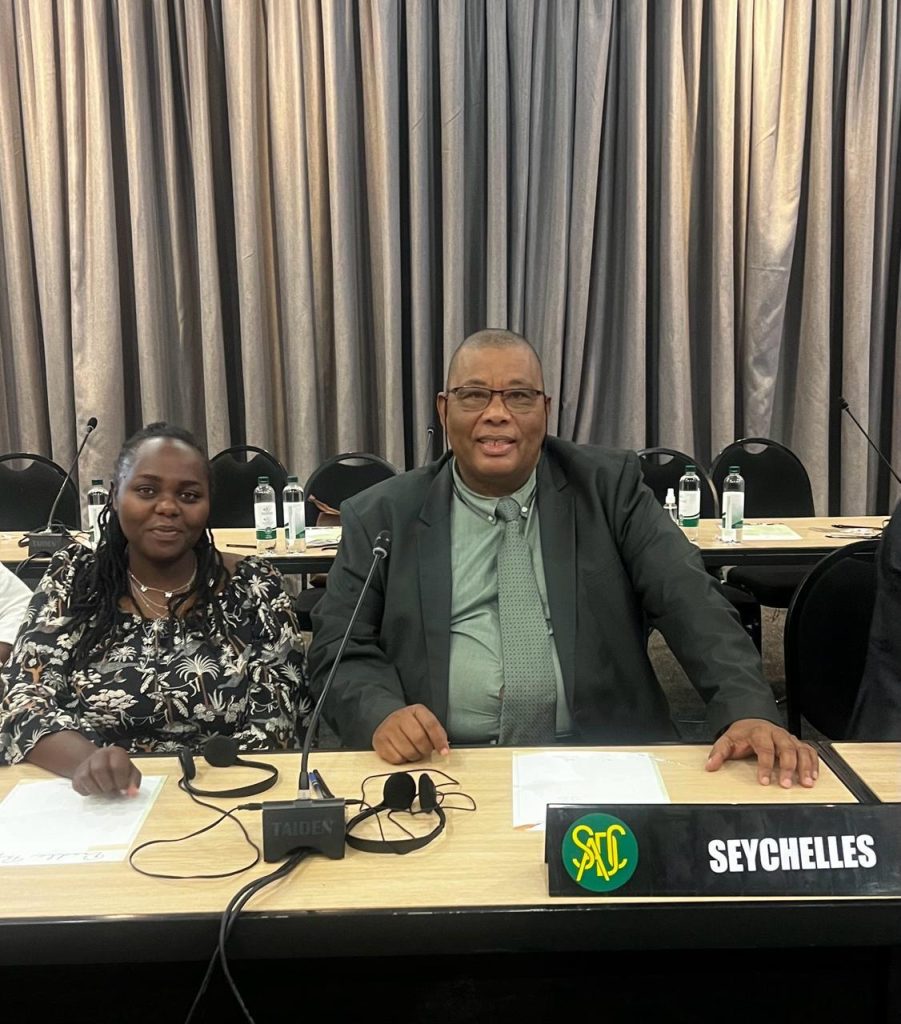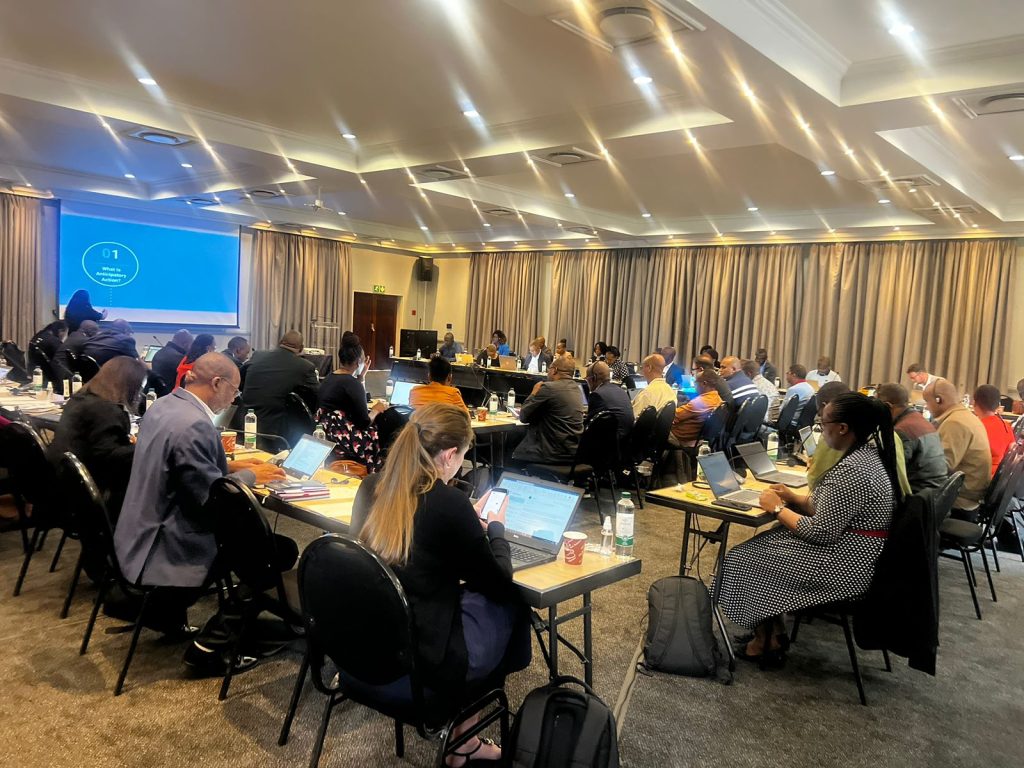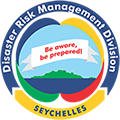The Regional workshop for the El Niño response was hosted in collaboration with the Regional Vulnerability Assessment and Analysis (RVAA) Programme, Food and Agriculture Organization (FAO), the International Federation of Red Cross and Red Crescent Societies (IFRC), the World Food Programme (WFP) and the United Nations Office for the Coordination of Humanitarian Affairs (OCHA) between 2nd April to 6th April 2024 at the Birchwood Hotel and OR Tambo Conference Centre, Johannesburg, South Africa.


The aim of this workshop was to encourage the members of Southern African Development Community (SADC) to implement impact-based forecasting which utilises weather forecasting to predict and communicate the potential impacts of weather and climate events on society, the economy and the environment. Attendees discussed the modalities of anticipatory action, interpretation of meteorological data and translating it into actionable impact forecasted as part of the in-person training programme targeting disaster managers, emergency coordinators, food security analysts, meteorologists and other experts involved in weather and climate related decision making and risk management.
Following the first 3 days training session, Mr. Robert Ernesta, the Director General of Disaster Risk Management Division, also the Chairperson for the Seychelles Vulnerability Assessment Committee (SezVac) presented the workplans of the committee for the year 2024/2025. Several activities were discussed, including the review of National Food and Nutrition Security Policy and the Situational Analysis Report.
During this presentation, Mr. Ernesta also explained the effects of the El Niño phenomenon on Seychelles through the disasters of massive flash flood and extensive rockfalls in the North of Mahé on December 6, 2023.
The El Niño phenomenon refers to the warming of the ocean’s surface or the above average sea surface temperature in the Central and Eastern Pacific Ocean which occurs at irregular intervals, two to seven years. The phenomenon is also associated with drought, erratic rainfall and high temperatures. These occurrences lead to water scarcity, reduced food availability and disease outbreaks.
The Seychelles delegation briefed the attendees of the workshop on the events surrounding the disaster on the 6th December 2023, which was related to the El Niño phenomenon.
According to SADC, there has been an increase in the number of reported disasters whose intensity, frequency and level of devastation has been increasing, henceforth compromising the developmental strides that the region has been making. Thus, March 2022, the Secretary General of the United Nations directed the World Meteorological Organization (WMO) and the United Nations Office for Disaster Risk Reduction (UNDRR) to a new initiative that will provide every citizen on the planet, including Seychelles with the coverage of an Early Warning System.
Through this workshop, DRMD obtained several elements on anticipatory approach through group discussions and open-ended scenarios to boost proactive measures prior to disasters to minimize risks, protect lives, livelihoods, and enhance resilience.
Attending the workshop were Mr. Robert Ernesta, the Director General of DRMD, Ms. Aisha Rachel, the Head of Planning and Preparedness unit and Ms. Brenda Cheptoo from Seychelles Meteorological Authority.






